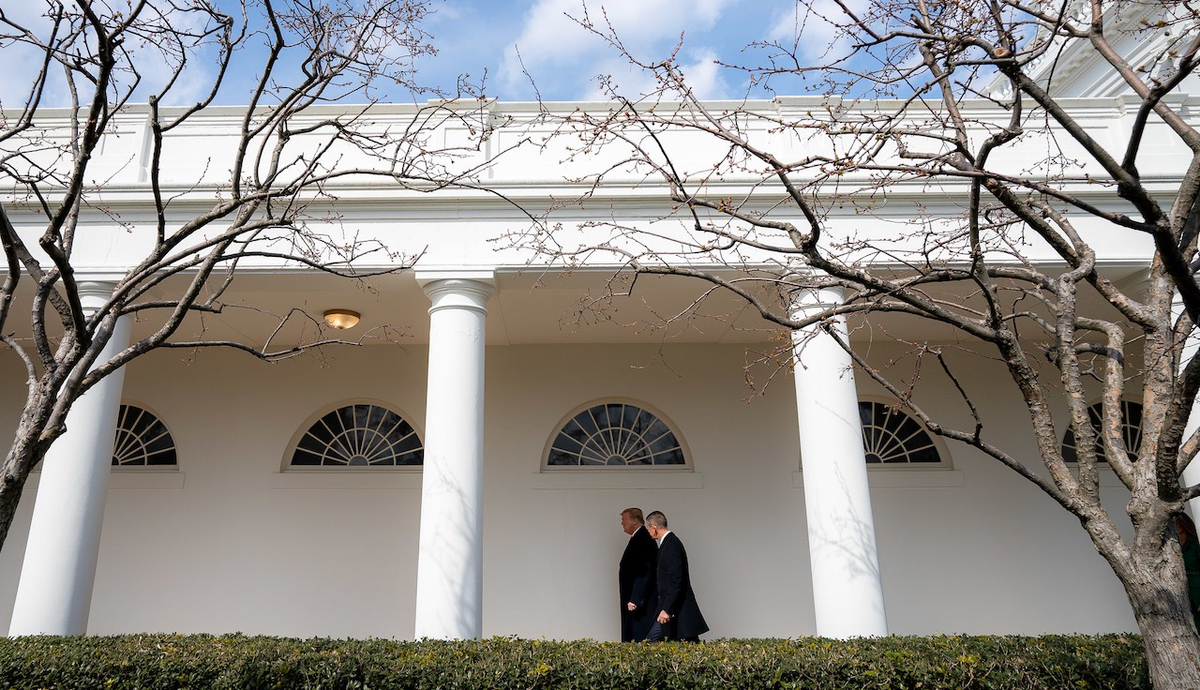Avoiding Obstruction: Czech Republic Unlikely to Mirror Hungary Despite ‘Trumpist’ Ex-PM Victory, Experts Say
By Alex Raufoglu
Copyright kyivpost

The election victory of populist billionaire Andrej Babiš in the Czech Republic has triggered an intense debate over the future of the country’s staunch support for Ukraine.
While Babiš campaigned on a promise to curb aid, experts speaking to the Kyiv Post suggest that a complete abandonment of Kyiv is unlikely, predicting instead a shift from proactive leadership to pragmatic self-interest.
The consensus is that while the rhetoric will change dramatically, the worst fears of total obstruction may be overstated due to domestic politics and Babiš’s own business interests.
Military aid: A shift in scope and volume
The most immediate question is whether the Czech Republic will end or significantly reduce its military and financial aid packages.
Jakub Janda, the Director of European Values, a Prague-based think tank, downplayed the scale of current support, telling Kyiv Post, “I don’t expect Babiš-led government to significantly decrease the scope of Czech material support for Ukraine. Sadly, the current scope is relatively small.”
Pavel Havlicek, a research fellow at the Association for International Affairs in Prague, was more cautious, stating, “The frank answer is that we do not know at this point, we are still far ahead of the composition of the government and even if there was a lot of sharp rhetoric criticizing the Ukraine support, the worst critics are now out of the Parliament (the far-left coalition).”
Speaking to Kyiv Post, Havlicek suggested that any change would hinge on Babiš’s position and that of his likely junior partners, adding, “I expect at least some change and a different kind of rhetoric.”
Offering a more favorable analysis, Ladislav Zemánek, a far-right Czech scholar, told the Kyiv Post that the victory is likely to bring a “recalibration of Prague’s approach to Ukraine, shifting toward greater proportionality and mutual benefit.”
Zemánek stressed that Babiš is “not a pro-Russian figure but a pragmatist who recognizes that current levels of aid come at the expense of Czech citizens.”
He anticipates the new government will seek a more balanced stance, “combining continued financial and humanitarian assistance with a more cautious posture,” while assuring that “the Czech arms industry will remain active in exporting ammunition and military equipment to Ukraine.”
The fate of the ammunition initiative
The globally praised “Czech initiative” to purchase artillery shells for Ukraine from non-EU countries is perhaps the most vulnerable policy. Babiš has been a consistent critic, making its future deeply uncertain.
Janda admitted the initiative is “still an open question,” predicting, “The new government will audit it and then decide what to do.”
Havlicek echoed this, saying the initiative “falls into the same basket of problems,” and there will surely be some change, both on the ammo initiative and the overall acquisition process within the Ministry of Defence, which has been heavily criticized.
Zemánek elaborated on the options, noting that the program “could be suspended or reshaped.” He recalled Babiš has previously “floated the idea of transferring the mechanism to the NATO level—an option that is both politically unrealistic and fraught with risks.”
However, Zemánek introduced a key domestic factor: “President Petr Pavel is a staunch supporter of the initiative, and it is not out of the question that he could secure its continuation in exchange for concessions on Babiš’s domestic agenda.”
Blocking EU and NATO cohesion
A critical international concern is whether the Babiš government will attempt to block or abstain from European Union or NATO-led aid initiatives for Ukraine, mirroring the obstructionist tactics of Hungary and Slovakia. Experts across the spectrum believe open obstruction is unlikely.
Janda stated plainly, “I expect them not to be blocking, as Hungary and Slovakia do.” Instead, he expects the Babiš-led government to be “less vocal about Ukraine globally, as it will focus more on domestic issues, given the expected fragile coalition.”
Havlicek agreed with this assessment, saying, “I do not think so – I think they will rather bandwagon on most initiatives and not lead on some of those, rather than openly blocking those.”
He pointed out a potential domestic flashpoint, however, noting, “There might be a question regarding the agricultural imports from Ukraine, which might be clashing with Babiš’s private interests in the sector.”
Havlicek also mentioned that EU enlargement is another area of concern, as “Czechs are the most skeptical among the EU nations.”
Zemánek concluded that an “active obstructionist stance akin to Hungary’s Viktor Orbán is unlikely.”
He attributed this to several factors: Babiš has clear economic interests within the EU, has demonstrated loyalty to Brussels and Washington in the past, and his “rhetoric often diverges from his policy choices.”
Zemánek expects the new prime minister to “maintain passive support for EU sanctions on Russia, and step back from the more confrontational activism of the outgoing government,” while likely backing any peace efforts proposed by the US.
Domestic political constraints
The parliamentary elections pit the incumbent liberals/centrists against populist, inward-looking, and nationalist political parties, with the latter holding an edge due to public dissatisfaction with economic conditions.
While an ANO victory would advance illiberal forces in Europe, the threat of the Czech Republic joining a pro-Russian bloc is mitigated by President Pavel’s pro-Western influence and Babiš’s pragmatism.
A grand coalition remains possible, but an ANO-led government would likely end Prague’s proactive role in supporting Ukraine.
Thirty-five years after overthrowing communism, Czech politics, like much of Europe, is restive, with parties on the far right and far left growing amidst popular economic discontent.
The ultimate direction of Prague’s foreign policy will therefore be a delicate balance between the pragmatic political calculations of a populist government and the pro-Western institutional guardrails provided by a strong president and the need to retain economic ties to the EU.